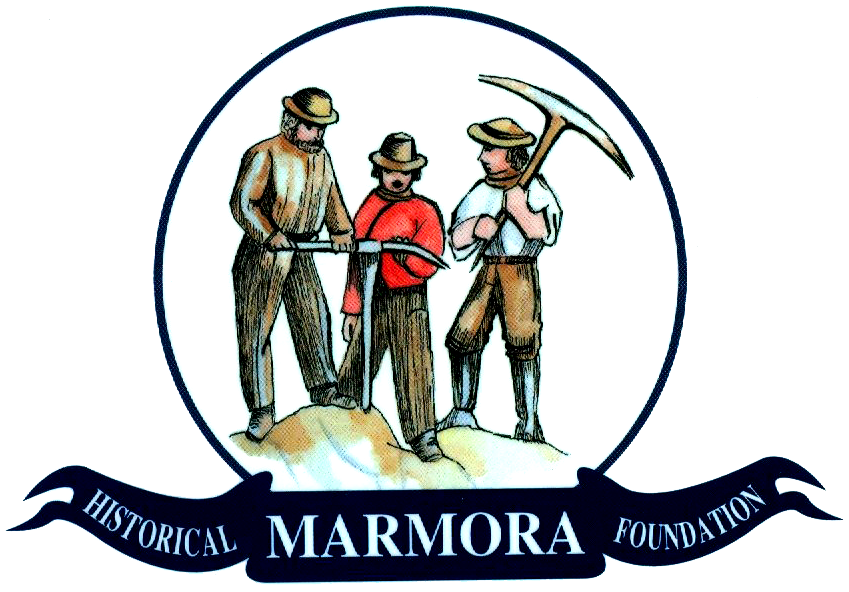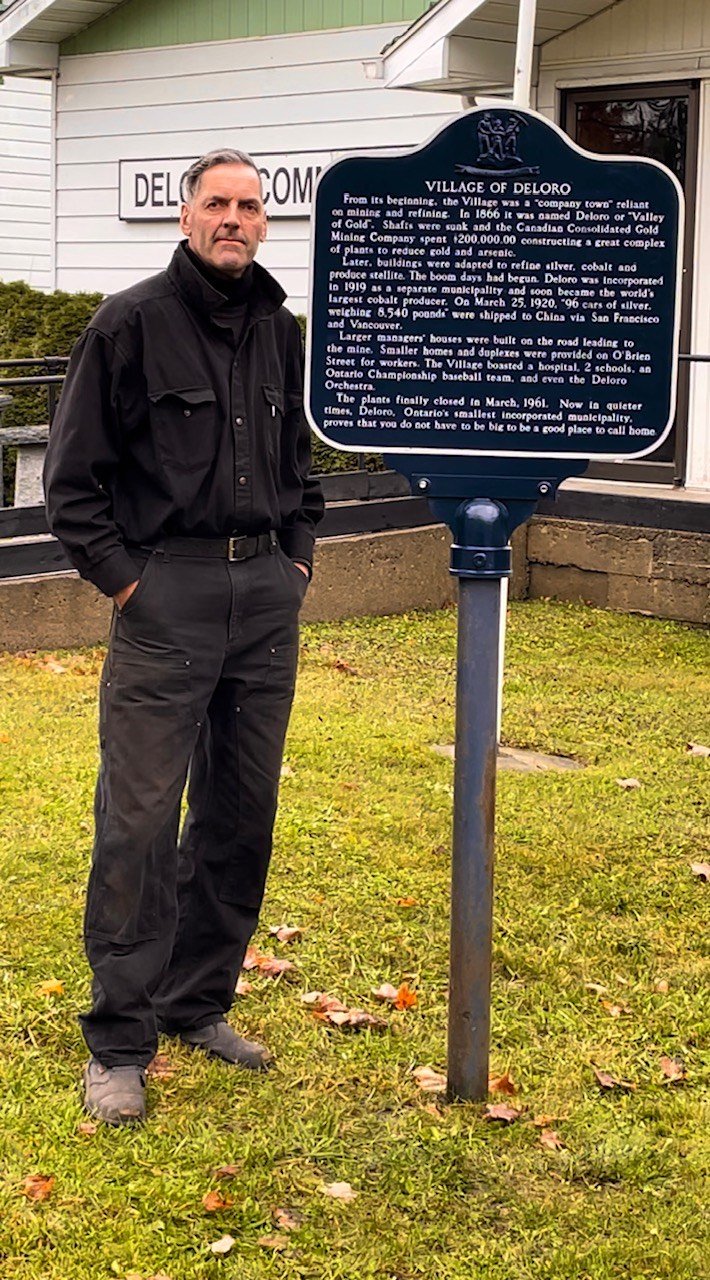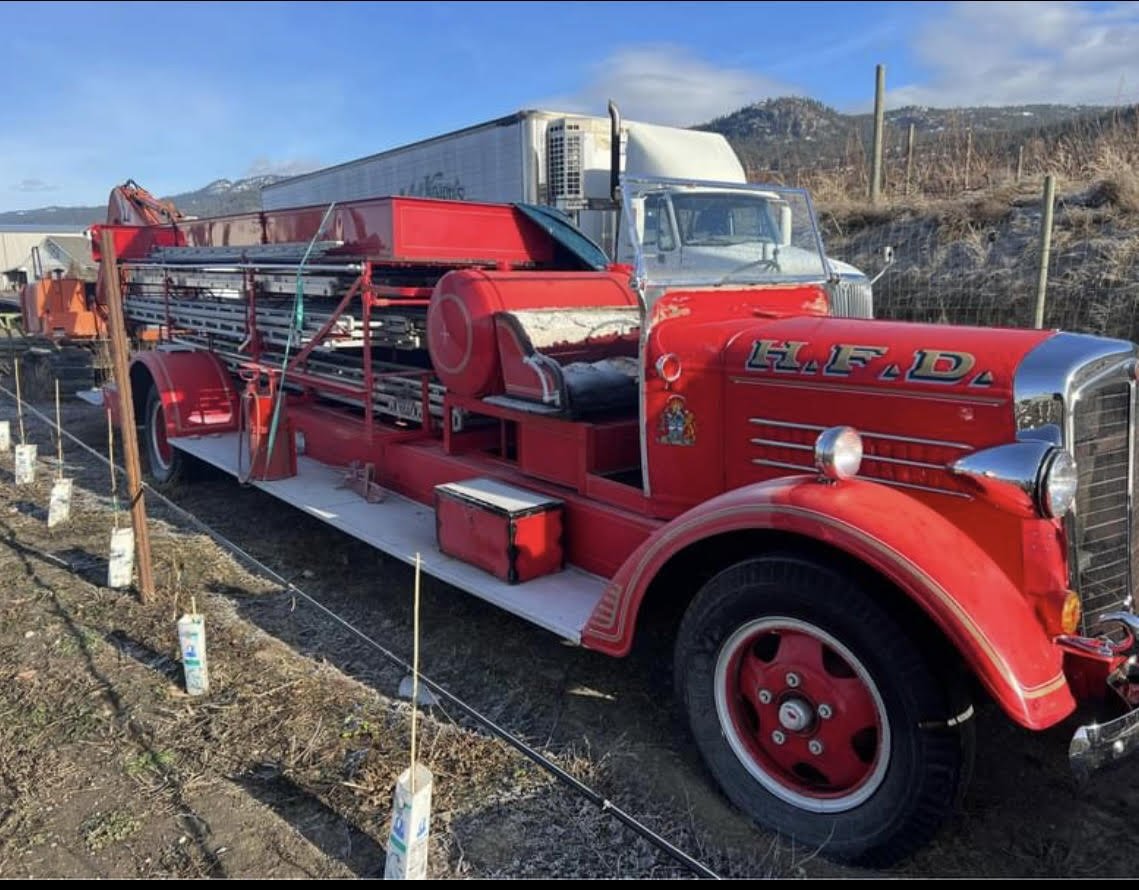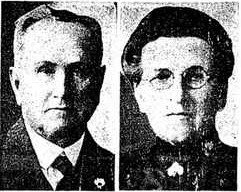THERE WAS A WAR
/Excerpts from “The Leaky Raft - A Story of Deloro
In a series of short vignettes, Rev. Dalton describes true life stories of two small boys who can't seem to stay out of trouble, and the importance of the whole community in raising its children. Here is our third excerpt.
In those years, 1939 to 1945, in our growing awareness as a child that there was a World War going on, it seemed so far away, and yet right in front us as we were reminded through the many happenings in our little village that it was real.
Do you remember rationing? Gasoline for the car, sugar, butter and more that my mother carefully obtained with the little rationing book that was part of our life during the war. Father put the car up on blocks, and once a week he would don his brown army uniform and travel to Belleville, along with George Brooks and other men from our village, and join the ranks of the Hastings and Prince Edward regiment's reserves.
We were never sure if any of our village men and women would be called to active duty. My brother and I were now part of Percy Earner's cub pack- Did-Dib, you know—and at least every couple of weeks during the summer he would give us a couple of large empty grain bags and send us off to fill them with milkweed pods, for the war effort he would say. Never really knew why until one day we discovered the silky filaments in the pod were used to make parachutes for the war. Mr. Earner even got a letter from the government thanking the cub pack for the many bags of milkweed for the war.
It wasn't till years later that I learned that our village's Smelting and Refining Company was the only company producing cobalt and steffite for the war effort. Belgium lost its capacity to do so when the German army invaded.
The most lasting memory was when V-E Day was proclaimed in 1945. Our cub master sent us off to collect as many bulrushes as possible. We didn't quite know why. In that warm summer evening in June of 1945, at least twelve or thirteen of us cubs with bull rushes held high, lit and consumed with coal oil, marched from the top of the Malone Hill to Mr. Haike's General Store. There was such a celebration in the village.
Did I really know what this war was about? Did this little village and its people help a child to understand the devastation and loss of life in war? A seed was planted through these events in my life, and I am thankful to this day that this seed continues to grow in my understanding of my role in society in the search for peace.
"It isn't enough to talk about peace, one must believe it. And it isn't enough to believe in it, one must work for it. "--Eleanor Roosevelt
































